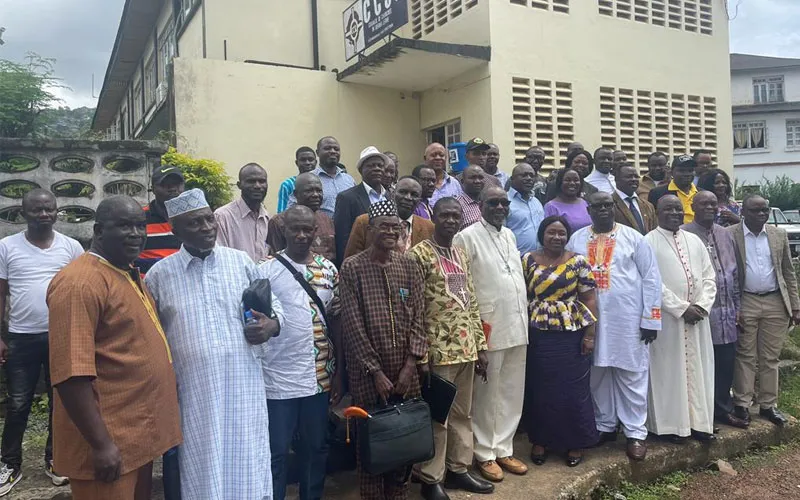Freetown, 27 November, 2022 / 10:10 pm (ACI Africa).
Members of the Inter-Religious Council of Sierra Leone (IRCSL) are conducting voter education and training of faith-based leaders in the West African nation to ensure that the country holds free, fair and peaceful elections slated for June next year.
Archbishop Edward Tamba Charles of the Catholic Archdiocese of Freetown in Sierra Leone, who also serves at the President of IRCSL told ACI Africa that the Council had already completed voter education for registration of new voters, an exercise that he said saw new first-time voters turn up for registration, and was now gearing up for sensitization ahead of elections to ensure that those who will be casting their votes are well informed about the exercise.
“We have done sensitization during the voter registration exercise. We are also planning to do voter education, targeting especially the first-time voters, to make sure that they mark their ballot papers well in order to avoid losing their votes,” Archbishop Tamba Charles said in the Friday, November 25 interview.
He added, “Invariably, there are disgruntled losers at every election. Therefore, we are going to organize training for religious leaders nationwide on conflict mitigation, prevention and resolution.”
The Serra Leonian Archbishop said that the interreligious Council had also meetings with key stakeholders in the country’s elections, including political parties, which had been asked to commit towards working for a peaceful poll next year.








